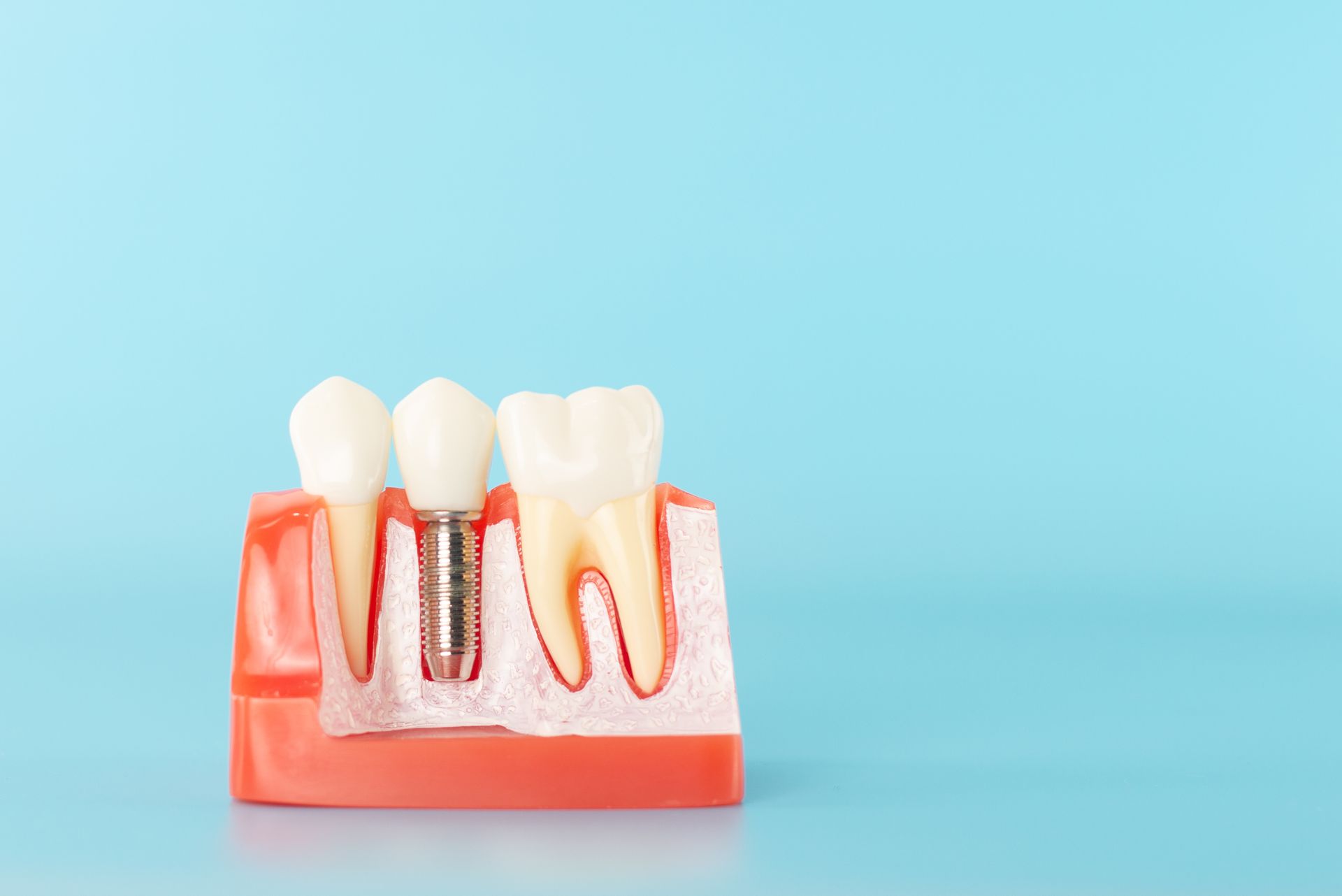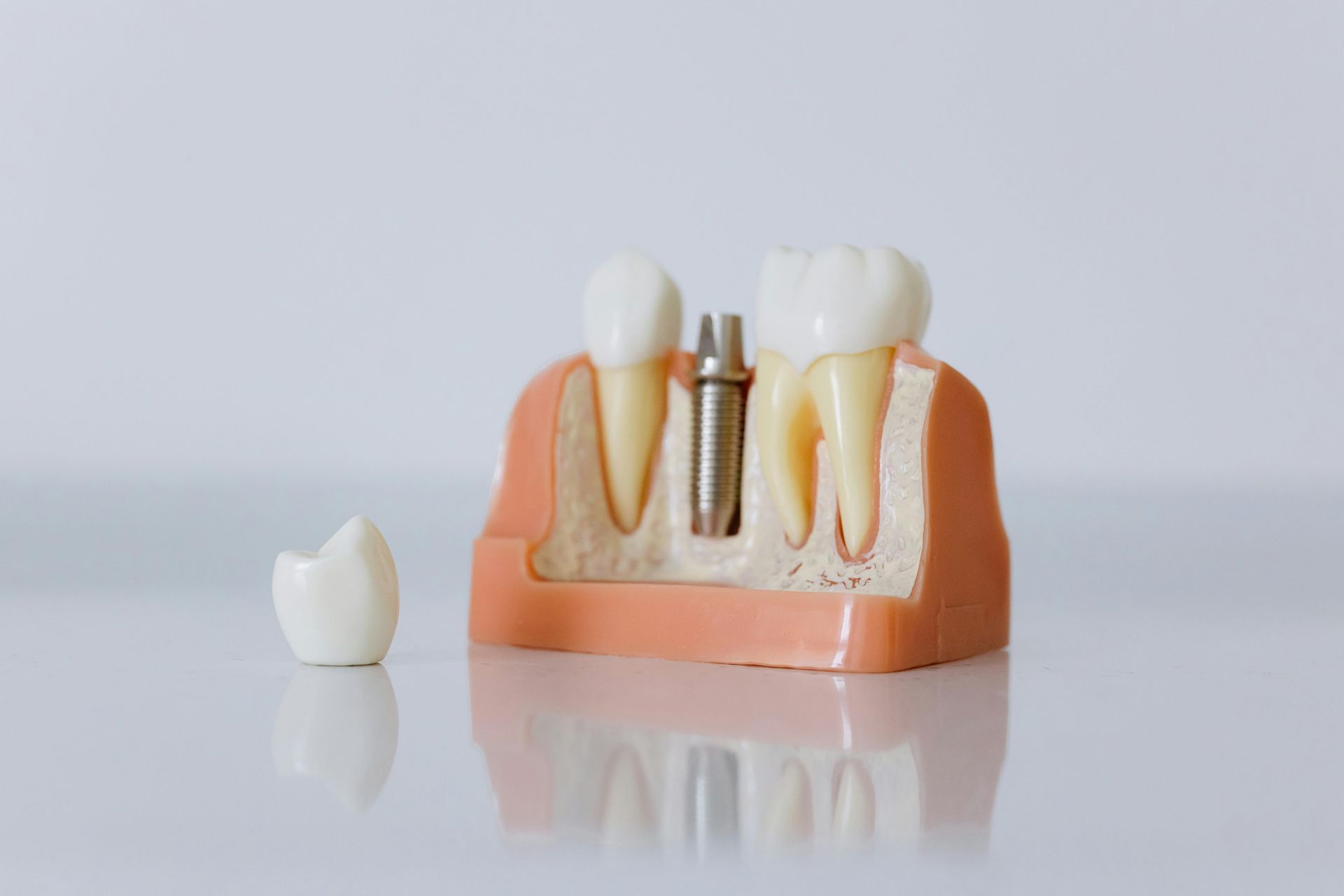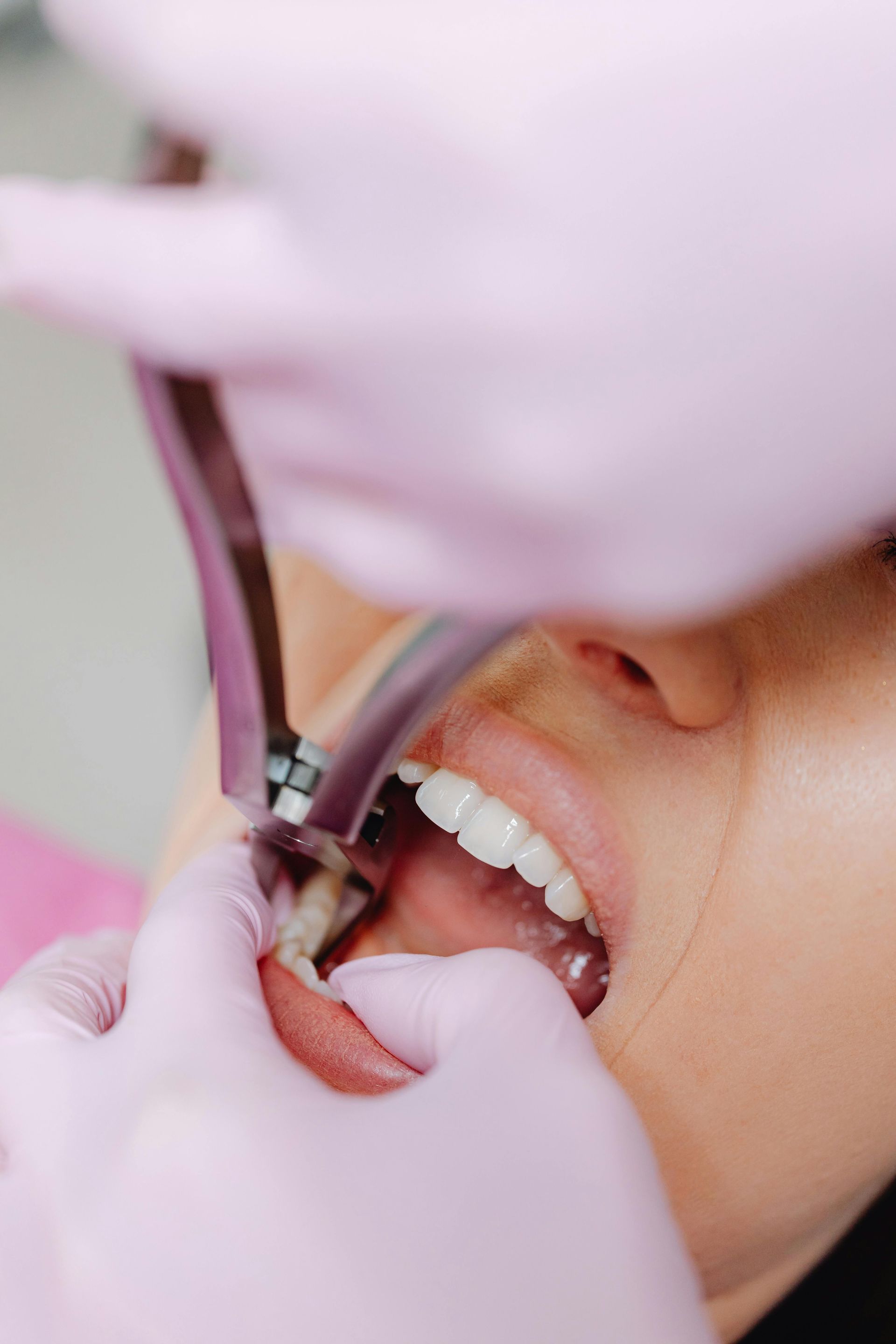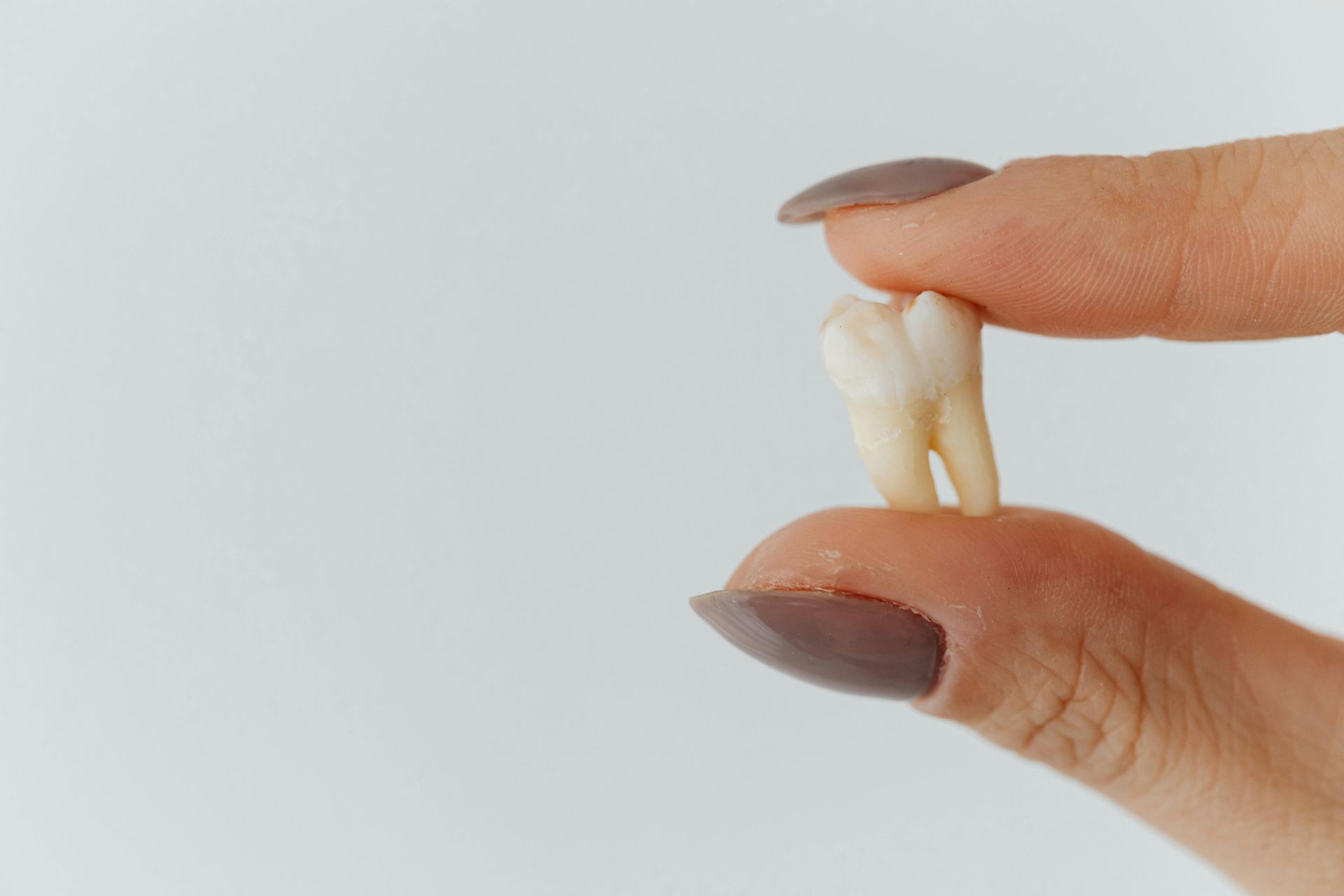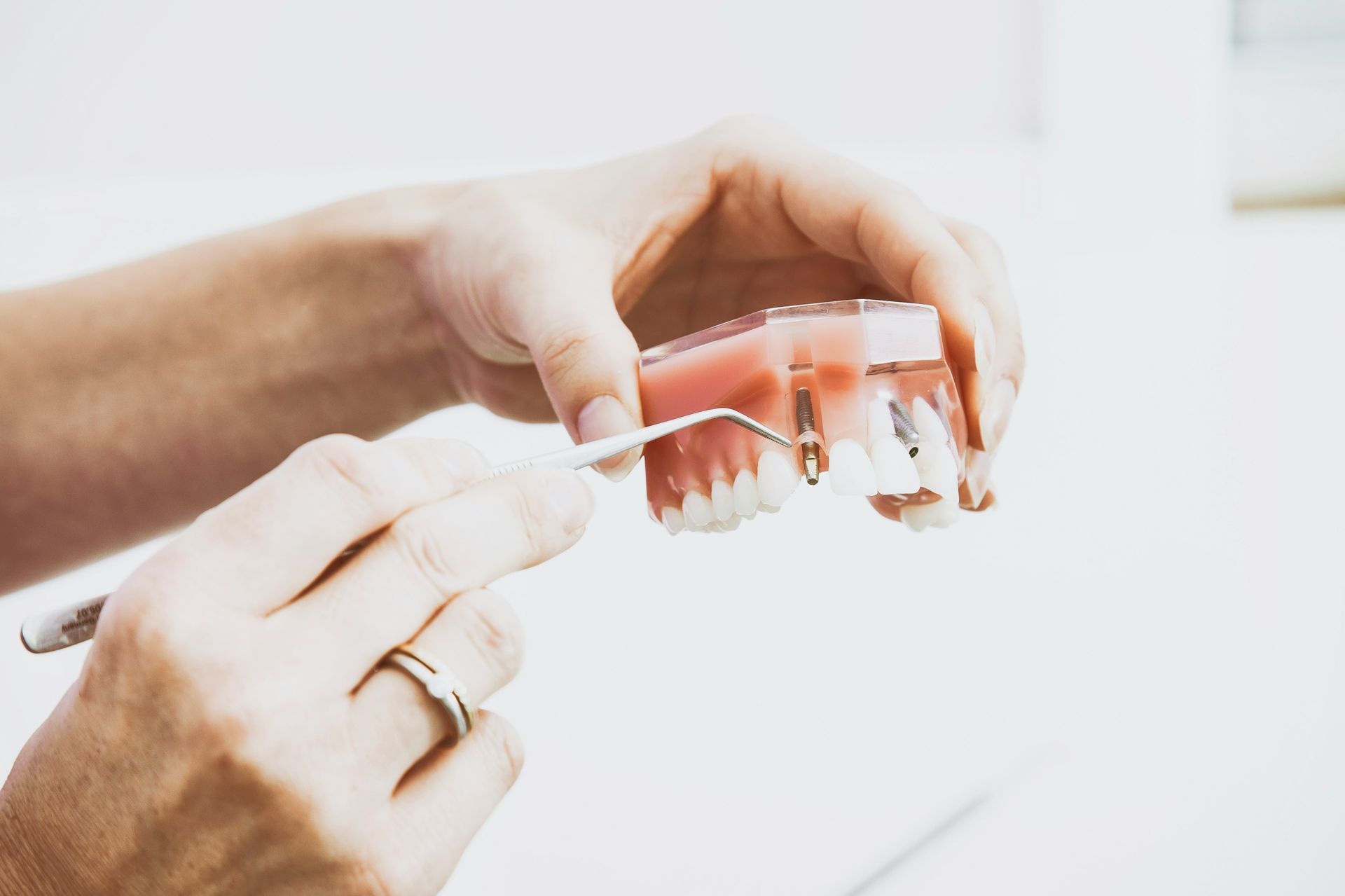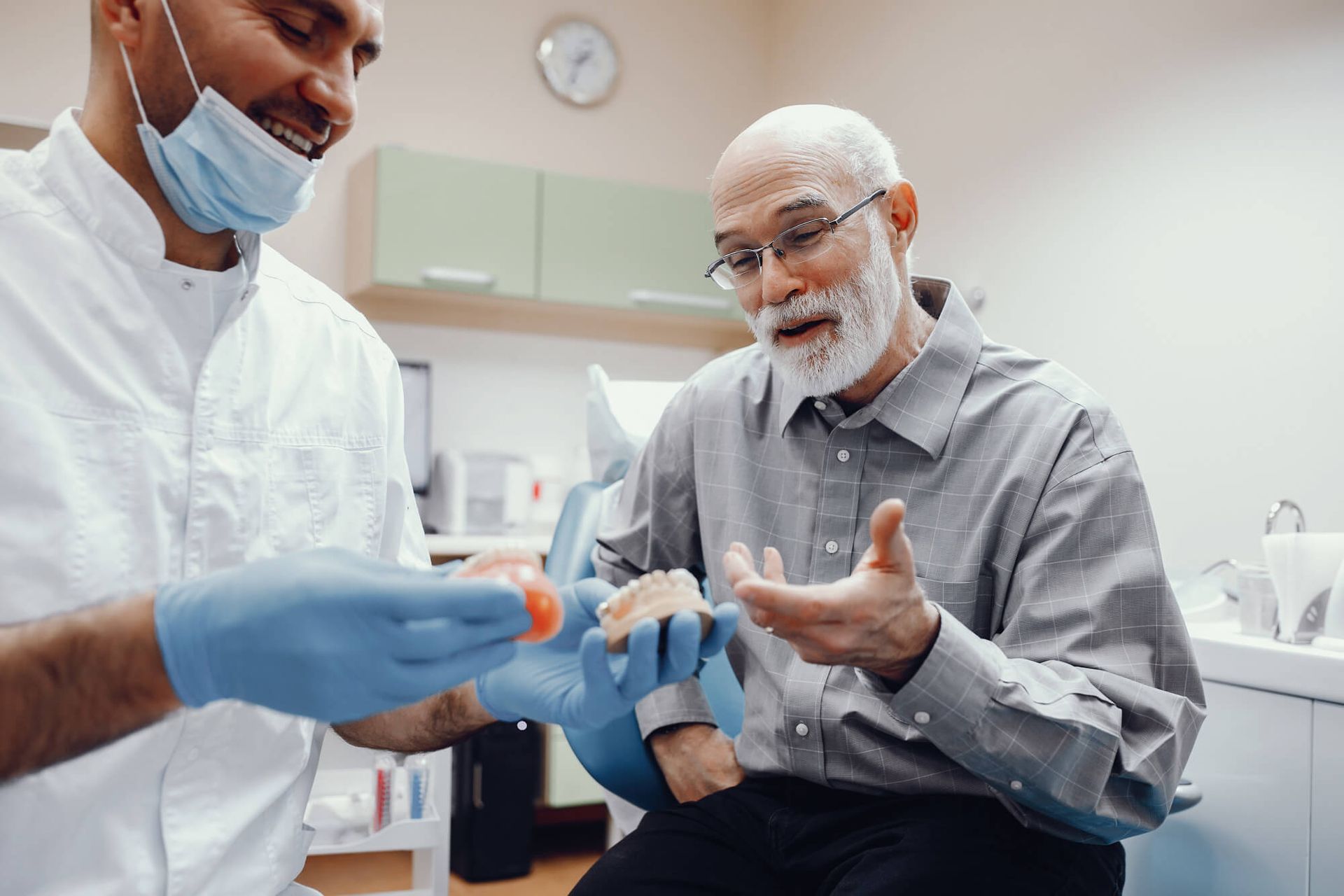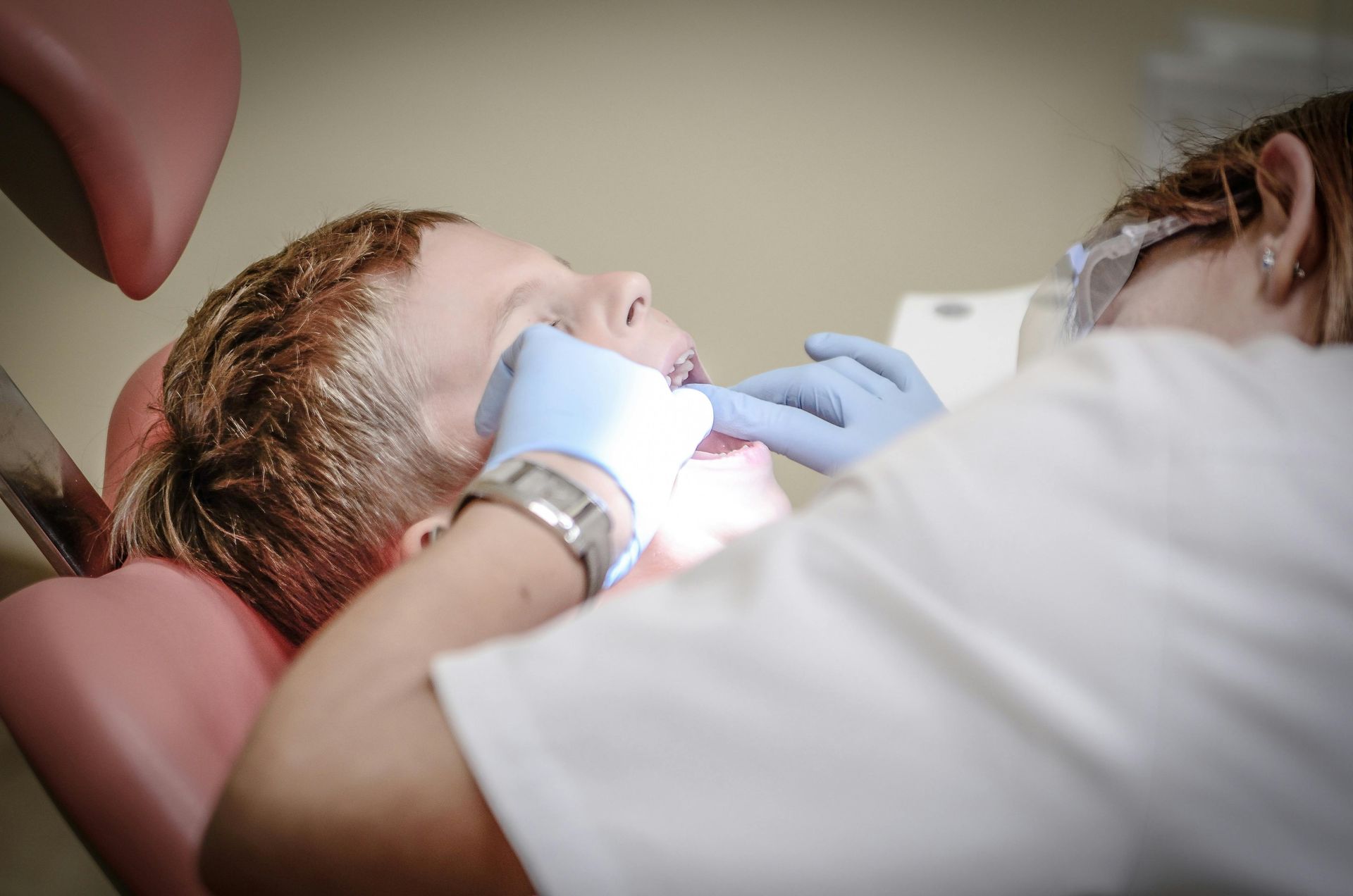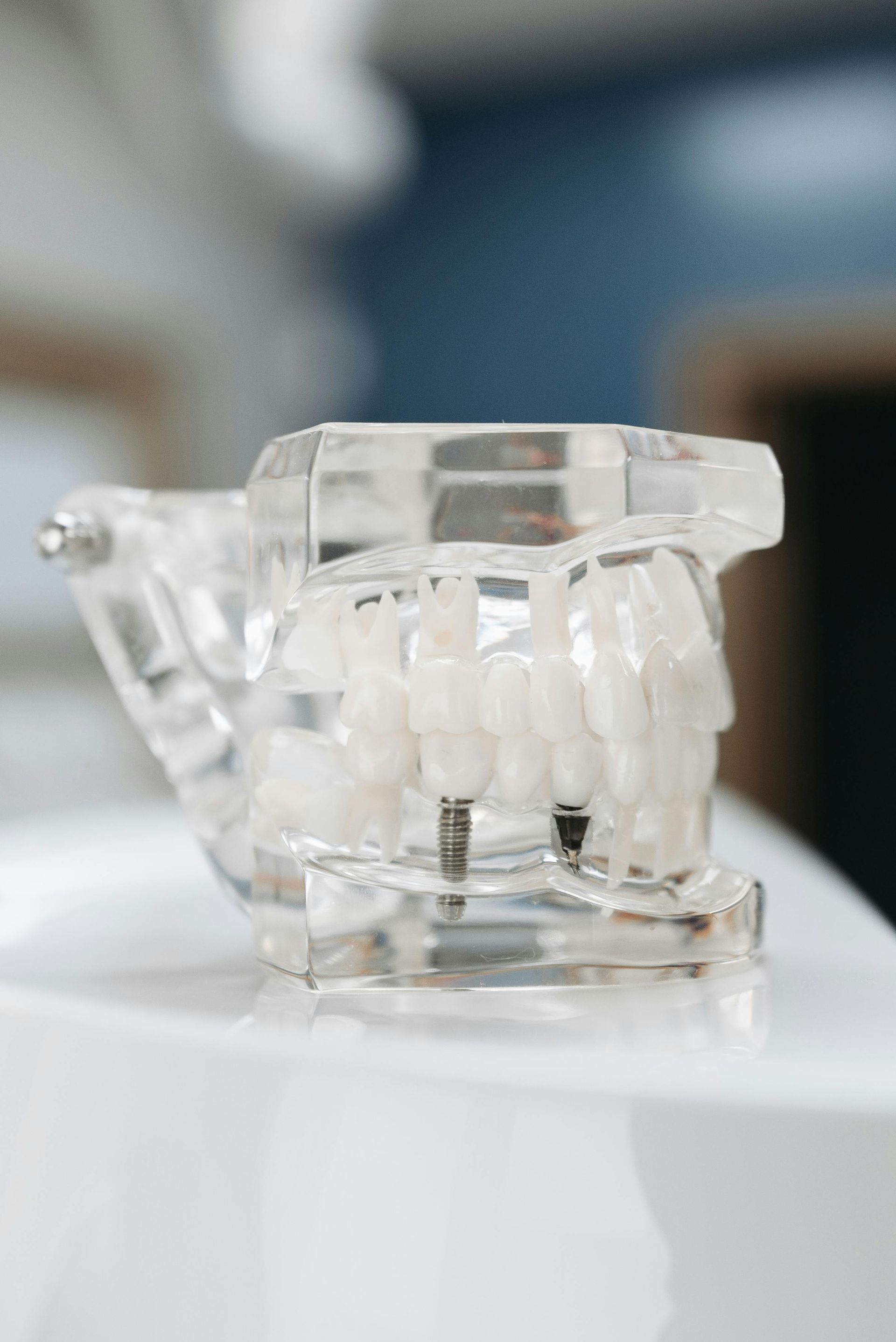Everything You Need to Know About Dental Implants
Dental implants are one of the most popular and effective solutions for replacing missing teeth. They are artificial tooth roots that are surgically inserted into the jawbone to support a crown, bridge, or denture. Dental implants can restore your smile, improve your oral health, and enhance your quality of life.
But what exactly are dental implants? How do they work? Who can get them? What are the benefits and risks? How much do they cost? And how do you find a qualified and experienced dentist to perform the procedure?
In this blog post, we will answer all these questions and more. We will provide you with a comprehensive guide to dental implants, covering everything from the qualifications, procedure, benefits, and risks, to the aftercare and maintenance. We will also give you some tips on how to choose the best dentist for your dental implant needs.
By the end of this post, you will have a clear understanding of what dental implants are and whether they are right for you. You will also know what to expect from the consultation, surgery, and recovery process. And you will be ready to take the next step towards a beautiful and healthy smile.
So, let's get started!
What are Dental Implants?
Dental implants are artificial tooth roots that are made of titanium or zirconia. They are shaped like screws or cylinders and are surgically inserted into the jawbone. They act as anchors for replacement teeth, such as crowns, bridges, or dentures.
Dental implants have three main parts:
- The implant: This is the metal post that is inserted into the jawbone. It fuses with the bone over time, creating a strong and stable foundation for the replacement tooth.
- The abutment: This is a connector that attaches the implant to the replacement tooth. It can be fixed or removable, depending on the type of implant and prosthesis.
- The prosthesis: This is the artificial tooth that is attached to the abutment. It can be a crown, bridge, or denture, depending on how many teeth are missing and the patient's preference.
Dental implants can replace one or more missing teeth in any area of the mouth. They can also support full or partial dentures, making them more comfortable and secure.
Who Can Get Dental Implants?
Dental implants are suitable for most people who have lost one or more teeth due to decay, injury, disease, or extraction. However, not everyone is a good candidate for dental implants. Some factors that may affect your eligibility include:
- Your oral health: You need to have healthy gums and enough bone density to support the implant. If you have gum disease, bone loss, or other oral health issues, you may need to undergo additional treatments before getting dental implants.
- Your general health: You need to be in good overall health and free of any chronic conditions that may affect your healing or increase your risk of infection. If you have diabetes, heart disease, autoimmune disorders, or other medical conditions, you may need to consult with your doctor before getting dental implants.
- Your lifestyle: You need to be committed to maintaining good oral hygiene and avoiding habits that may damage your implant or prosthesis. If you smoke, drink excessively, or grind your teeth, you may need to quit or reduce these behaviors before getting dental implants.
- Your budget: Dental implants are not cheap. They can cost anywhere from $3,000 to $6,000 per tooth in the US, depending on the type of implant, prosthesis, and dentist. They are also not usually covered by dental insurance plans. You need to consider your financial situation and weigh the costs and benefits of getting dental implants.
The best way to find out if you are a good candidate for dental implants is to consult with a qualified and experienced dentist who specializes in implant dentistry. They will examine your mouth, take x-rays and scans, review your medical history, and discuss your goals and expectations. They will then recommend the best treatment plan for your specific case.
How are Dental Implants Placed?
The placement of dental implants is a surgical procedure that involves several steps and stages. Depending on your case, it may take anywhere from three to nine months to complete your treatment. Here is an overview of what to expect during each stage of your dental implant journey:
Stage 1: Preparing for Surgery
Before your surgery, you need to prepare yourself physically and mentally for the procedure. You may need to:
- Stop smoking at least two weeks before and after the surgery
- Avoid taking certain medications or supplements that could interfere with blood clotting or healing
- Eat a balanced diet and drink plenty of water
- Arrange for someone to drive you home after the surgery
- Follow any other instructions given by your dentist
Stage 2: Placing the Implants
On the day of your surgery, you will be given local anesthesia or sedation to numb your mouth and make you comfortable. Your dentist will then make small incisions in your gums and drill holes in your jawbone. Your dentist will then insert the implants into the holes and close the incisions with stitches. You may also receive temporary prostheses to wear while your implants heal.
The surgery may take one to three hours, depending on the number of implants you need. You will be able to go home the same day, but you will need to rest and recover for a few days. You may experience some pain, swelling, bruising, and bleeding in your mouth, which can be managed with painkillers, ice packs, and antibiotics. You will also need to eat soft foods and avoid hot, spicy, or hard foods for a few weeks.
Stage 3: Healing and Osseointegration
After the surgery, your implants will need time to heal and integrate with your jawbone. This process is called osseointegration and it is essential for the success and stability of your implants. Osseointegration can take anywhere from three to six months, depending on your case.
During this time, you need to take good care of your oral hygiene and avoid putting any pressure or stress on your implants. You will also need to visit your dentist regularly for check-ups and adjustments. Your dentist will monitor your healing progress and determine when you are ready for the next stage of your treatment.
Stage 4: Placing the Abutments
Once your implants have fully integrated with your jawbone, you will need another minor surgery to place the abutments. The abutments are connectors that attach the implants to the prostheses. Your dentist will reopen your gums and expose the tops of your implants. Your dentist will then screw the abutments onto your implants and close the gums around them. You may also receive new temporary prostheses to wear while your gums heal.
The surgery may take one to two hours, depending on the number of abutments you need. You will be able to go home the same day, but you will need to rest and recover for a few days. You may experience some pain, swelling, bruising, and bleeding in your mouth, which can be managed with painkillers, ice packs, and antibiotics. You will also need to eat soft foods and avoid hot, spicy, or hard foods for a few weeks.
Stage 5: Placing the Prostheses
After your gums have healed around the abutments, you will be ready for the final stage of your treatment: placing the prostheses. The prostheses are the visible parts of your replacement teeth, such as crowns, bridges, or dentures. Your dentist will take impressions or scans of your mouth and create custom-made prostheses that match the size, shape, color, and alignment of your natural teeth.
Your dentist will then attach the prostheses to the abutments using screws or cement. Your dentist will also adjust the fit and bite of your prostheses and make sure you are happy with the appearance and function of your new smile.
The placement of the prostheses may take one to two hours, depending on the type and number of prostheses you need. You will be able to go home the same day, but you may need some time to get used to your new teeth. You may experience some discomfort, sensitivity, or soreness in your mouth, which can be managed with painkillers and soft foods.
What are the Benefits of Dental Implants?
Dental implants offer many benefits over other types of tooth replacement options, such as:
- Improved appearance: Dental implants look and feel like natural teeth. They restore your smile and enhance your facial features.
- Improved speech: Dental implants do not slip or move in your mouth like conventional dentures. They allow you to speak clearly and confidently.
- Improved chewing: Dental implants are strong and stable. They allow you to eat all kinds of foods without pain or difficulty.
- Improved oral health: Dental implants do not require any alteration or damage to your adjacent teeth like bridges do. They also prevent bone loss and stimulate bone growth in your jawbone, which helps maintain the health and integrity of your remaining teeth and gums.
- Improved self-esteem: Dental implants restore your smile and improve your appearance. They boost your confidence and self-image.
- Improved comfort: Dental implants are comfortable and convenient. They do not cause any irritation or inflammation in your gums like conventional dentures do. They also do not require any special care or maintenance like bridges or dentures do.
- Improved durability: Dental implants are durable and long-lasting. With proper care and regular dental visits, they can last a lifetime.
How Can I Get Started with Dental Implants?
If you are ready to take the first step toward getting dental implants, you should contact our team at Super Smiles 4 Families. We are a family-friendly dental practice that offers a wide range of services, including dental implants, cosmetic dentistry, orthodontics, and more. We have the skills, experience, and technology to provide you with the best possible care and results.
We invite you to call us today at
(520) 436-0843 to schedule a dental implant consultation with our professional team. We will answer all your questions and concerns and help you achieve the smile of your dreams. Don't wait any longer, call us now and discover how dental implants can change your life for the better!


